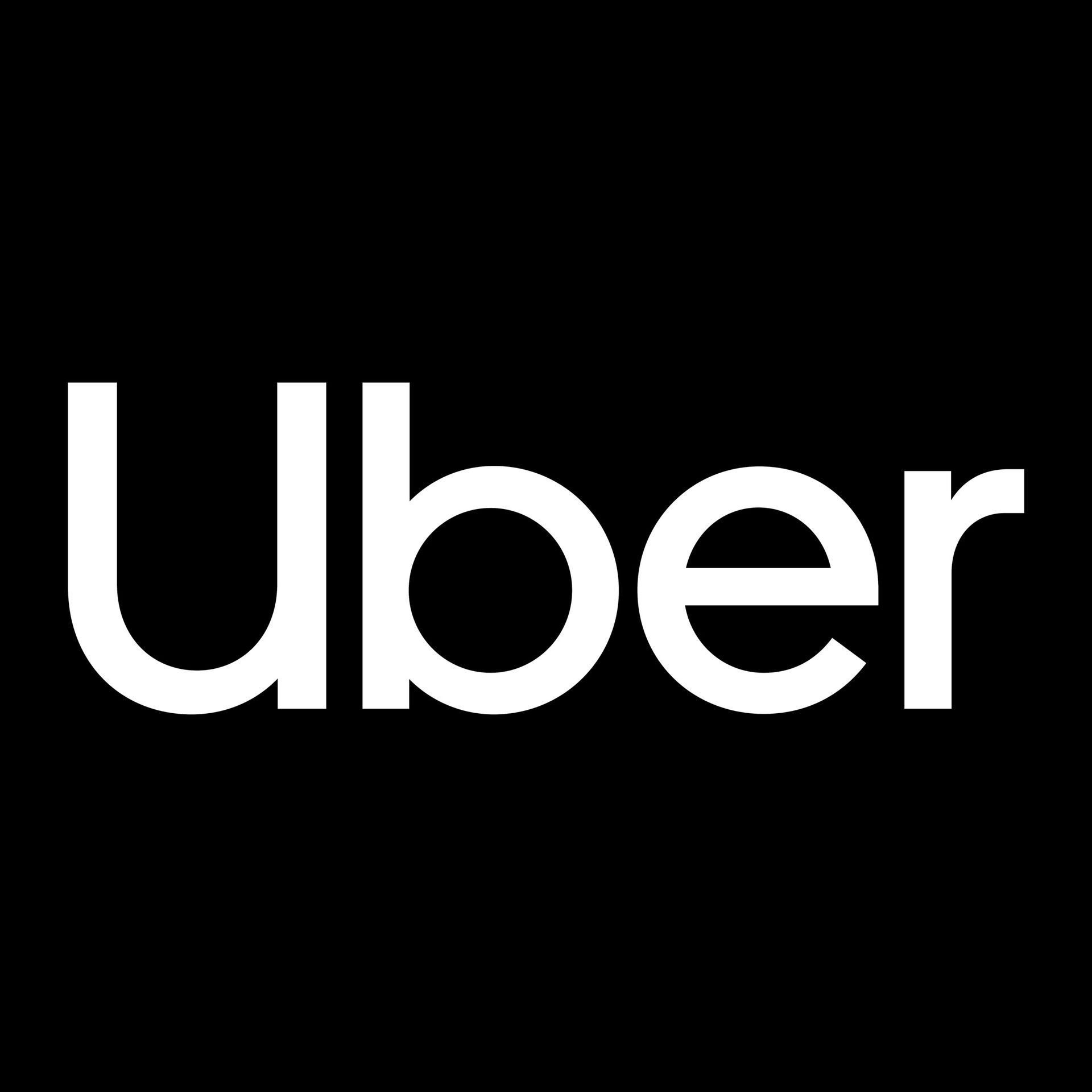Conversely, existing taxi firms may express concerns about the influx of new competition. Uber's entrance into these markets could disrupt the existing dynamics, potentially leading to a loss of market share and revenue for traditional taxi firms.
Additionally, some may argue that Uber's business model, which often relies on part-time drivers and dynamic pricing, could undermine the stability and reliability associated with traditional taxi services.
Councillor Mark Bisbey, Chair of Hull City Council's Licensing Committee, emphasized the stringent safety measures accompanying Uber's licence, reflecting the council's commitment to addressing the region's transportation needs. However, concerns have been raised, particularly in cities like Hull and Stockton on Tees, where Uber's 'Local Cab' service was previously available. The discontinuation of this service in December 2023 has left behind unmet demand for ride-hailing services, further complicating the landscape for existing taxi firms.
Overall, Uber's recent licensing victories in the UK signify a strategic shift in the transportation industry, especially following the termination of its partnership with Autocab's iGo network last year. As Uber continues to expand its footprint, the impact on existing taxi firms and the broader transportation ecosystem remains a topic of keen interest and debate.






